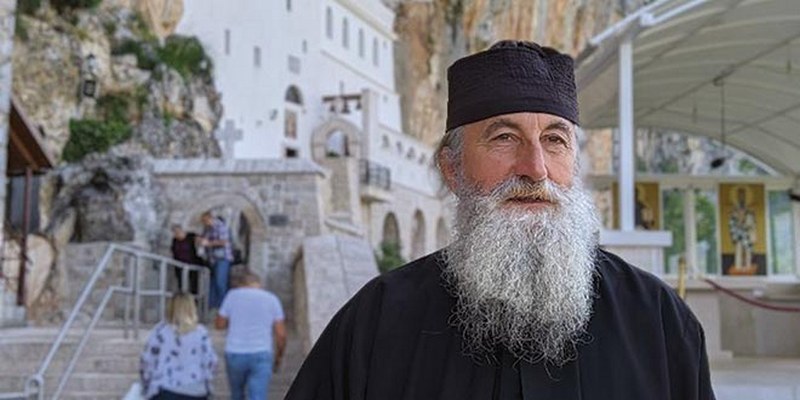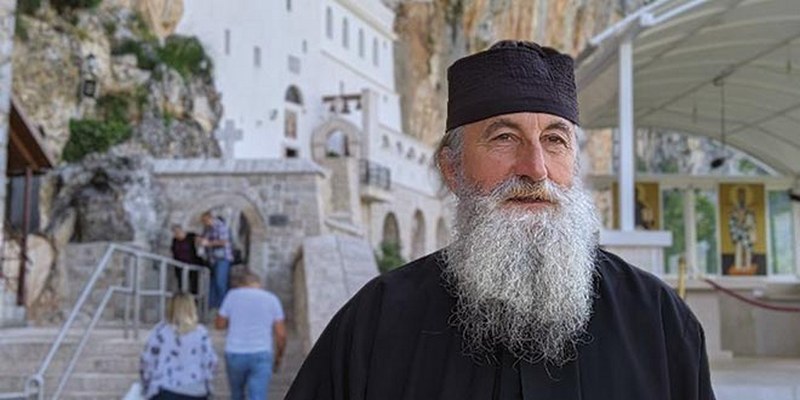Welcome to Montenegro, the land where ideological masks change, but the game stays the same! While the world rushes into a new era, Montenegrin society seems stuck in time, trapped between the ghosts of Chetniks and Communists who just won’t leave. Renaming communism to democracy? Just a new outfit for the same old stage and the same players holding all the strings of power. Here, communism only changed its name but not its essence — party truths still rule, and anyone daring to speak differently is branded a revisionist and enemy.
The crimes of class struggle and revolution from World War II still cast a shadow over every aspect of life. Montenegrin partisans, once hailed as liberators, are now subjects of investigations revealing mass graves across Slovenia, including victims from Montenegro killed by those very partisans. Metropolitan Joanikije calls for scientific research into all crimes, but in Montenegro, this sparks a real storm — the “wasps” from democratic dens won’t allow this issue to be questioned.
The truth is, communist ideology, though formally rejected, is deeply rooted in institutions — from police, prosecution, and judiciary to media and science. Crime and secret services hold the keys to power, and opening secret service archives is like opening Pandora’s box. Currently, a court case against former ANB director Dejan Peruničić shows how sensitive this issue is, with the Supreme Court denying access to the archives.
Demographic changes further prove how ideological battles shaped Montenegro. Before the war, about 95% identified as national Serbs; after the war, that number plummeted to 1.78%, while national Montenegrins rose from 0% to over 90%. This isn’t just statistics — it’s a story about building national identity and rewriting history.
The founding of Montenegrin national institutions like the Duklja Academy of Sciences and Arts, the Montenegrin Orthodox Church, and the Faculty of Montenegrin Language are pieces of this complex puzzle. The 2006 referendum that separated Montenegro from Serbia crowned this process.
But what’s really behind all this? Is Montenegro truly a democratic country or just a stage for an old ideological play? Opening secret service archives could reveal the truth about how communists seized power and how ideological and social currents fit into the new reality.
If you think this is just another Balkan story, think again. This is a fight for truth, identity, and the future of a people. And while the “wasps” keep buzzing against any attempt to tell the truth, the rest of us can only watch and wonder — who will finally take off these masks and say what really happened?
If you made it this far, feel free to drop a comment — is this just an old story in new clothes or a real fight for freedom of speech and truth? Or maybe you have your own theory? Share, laugh, or get mad — anything goes in this shadow game!








